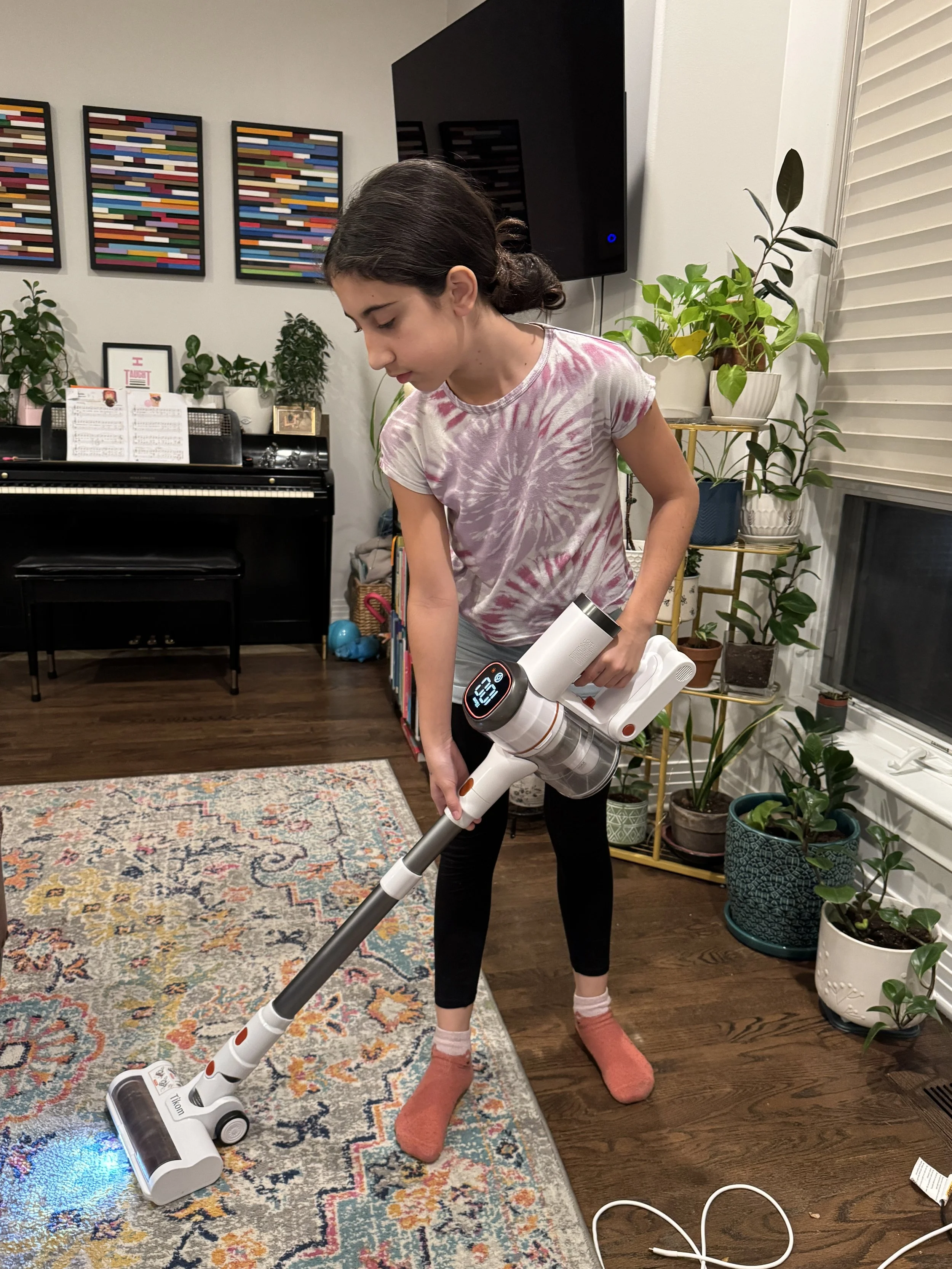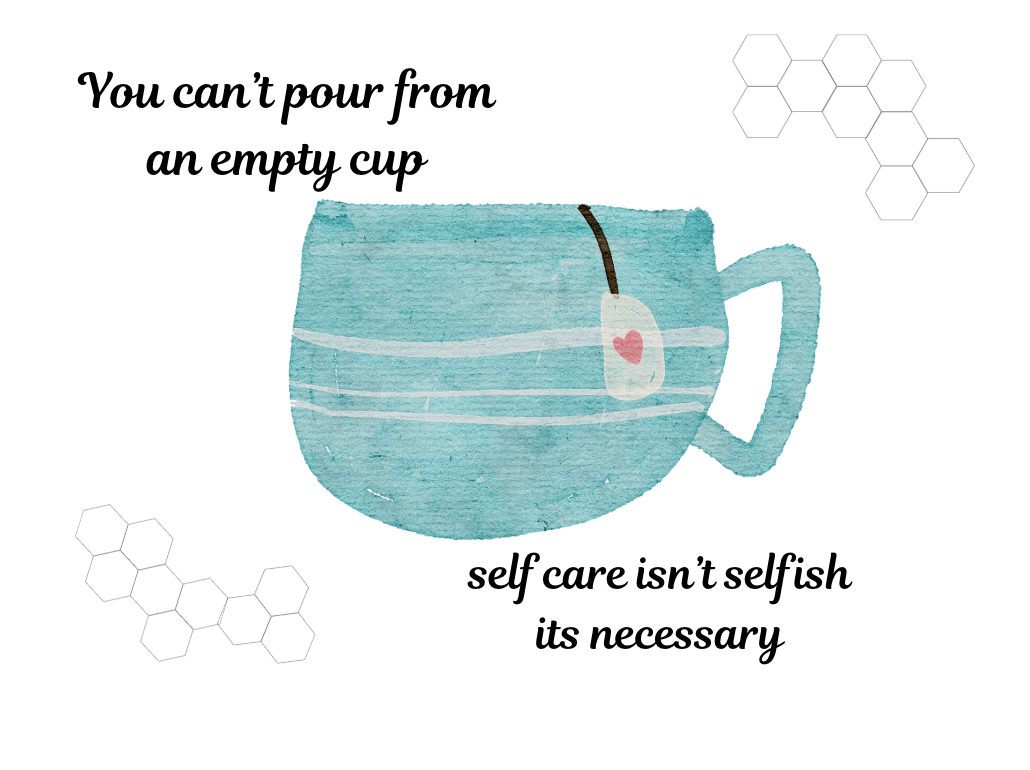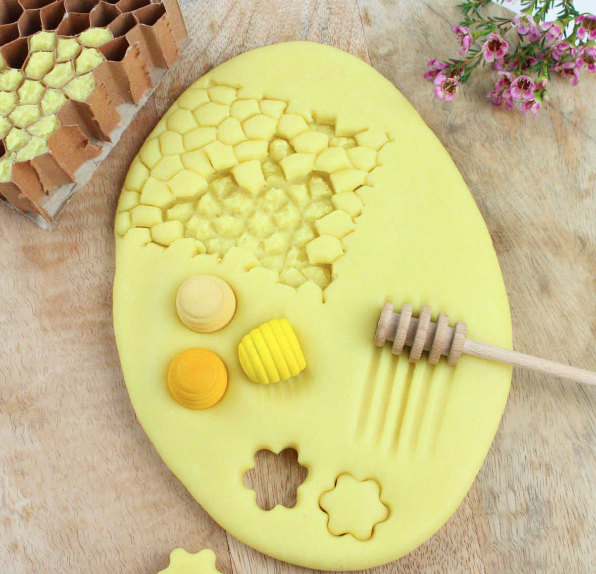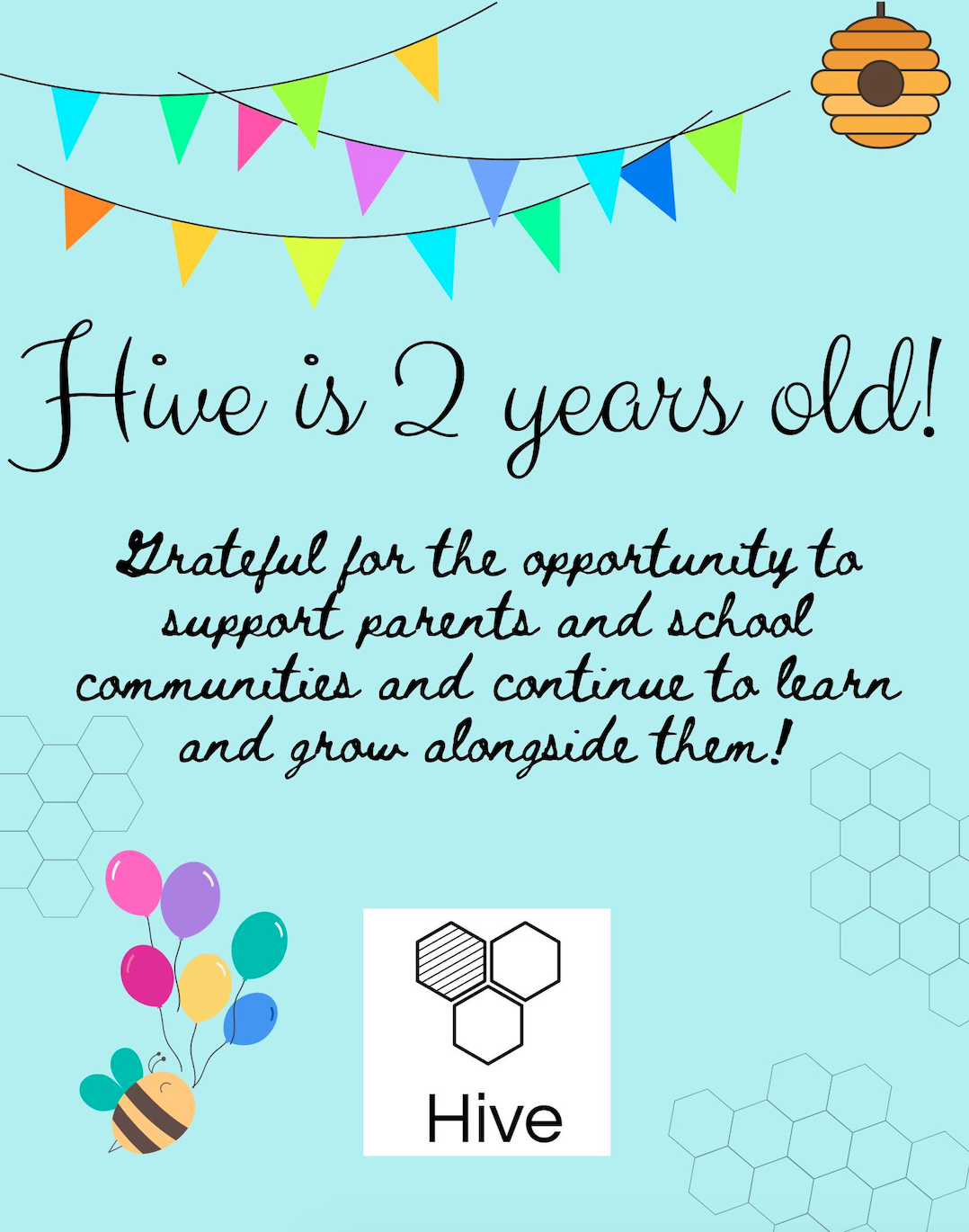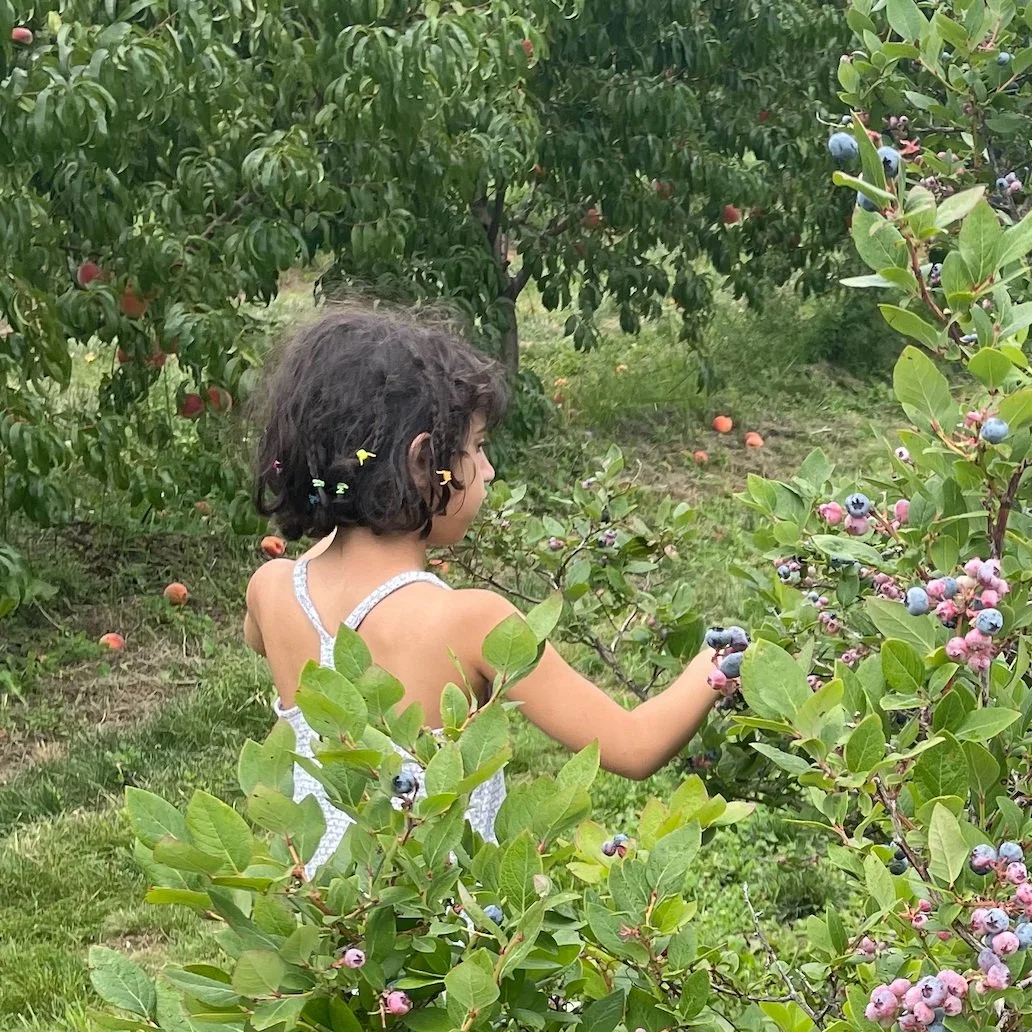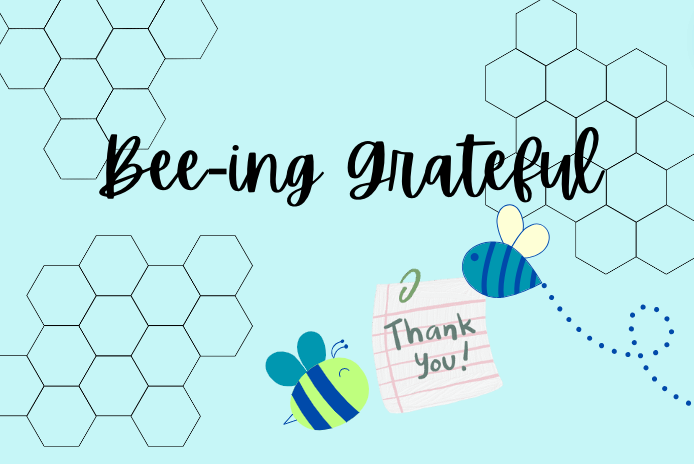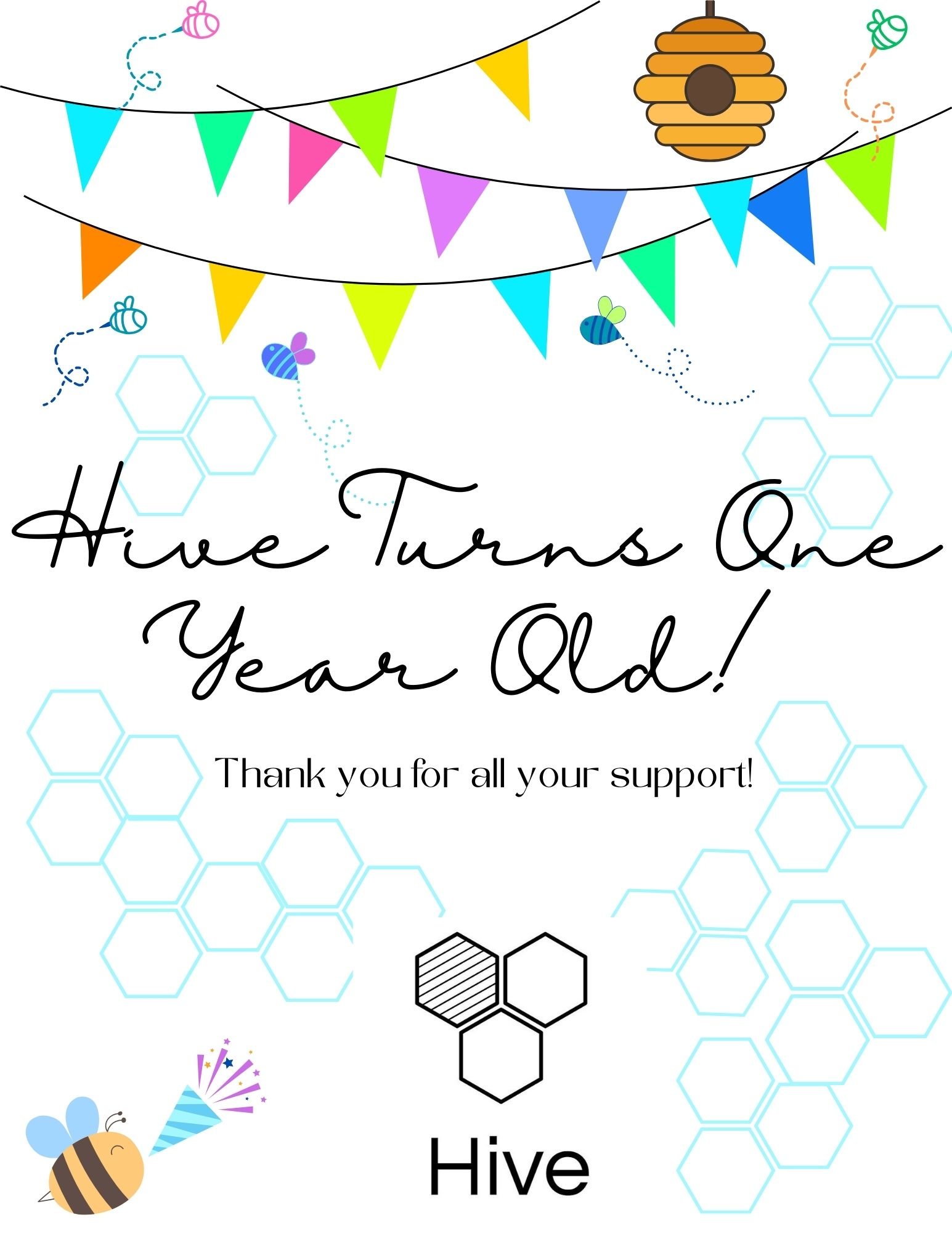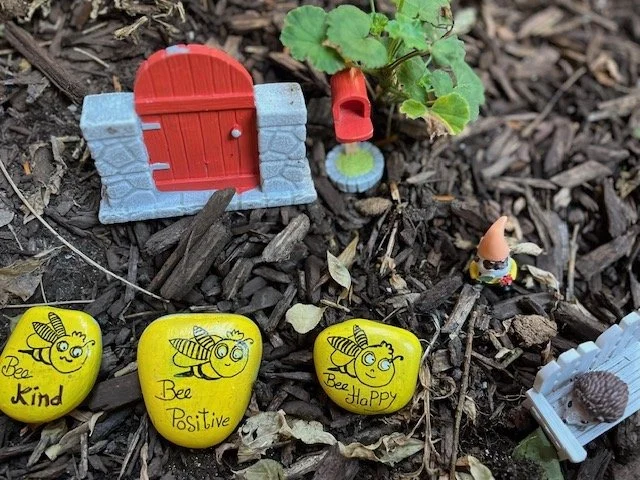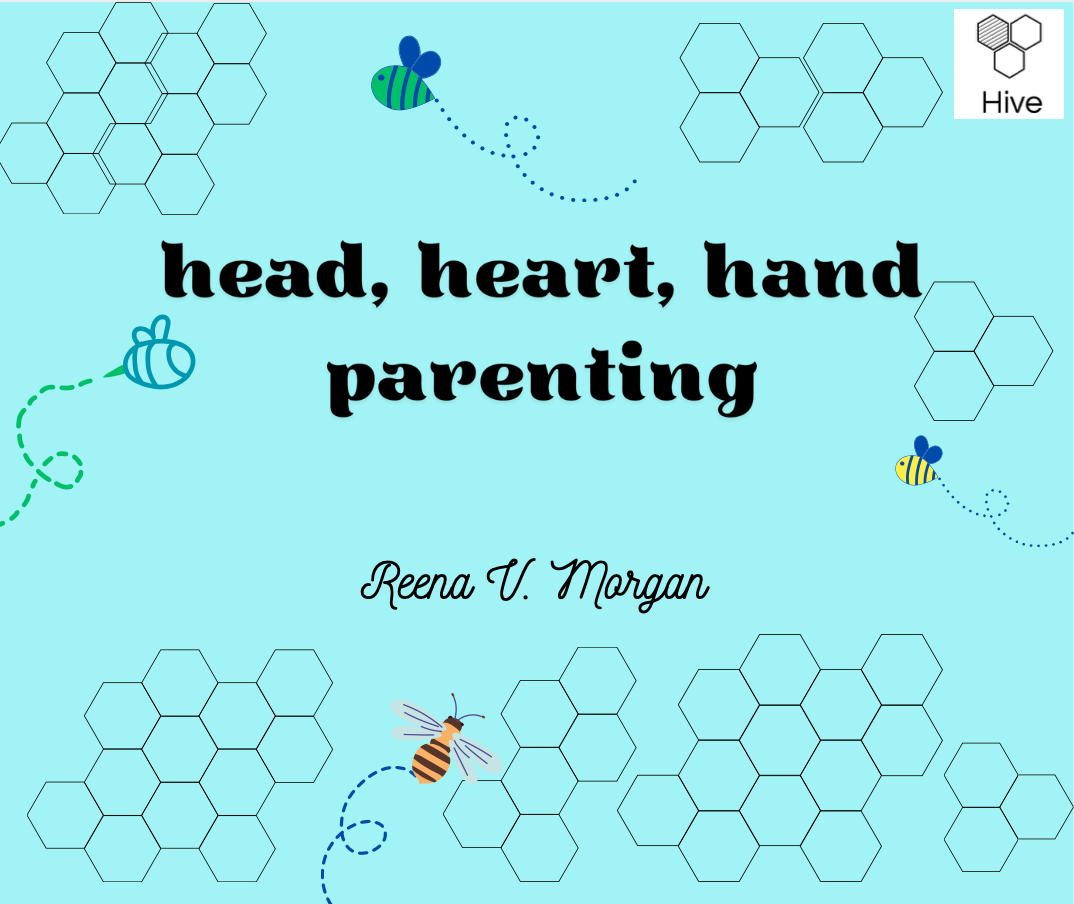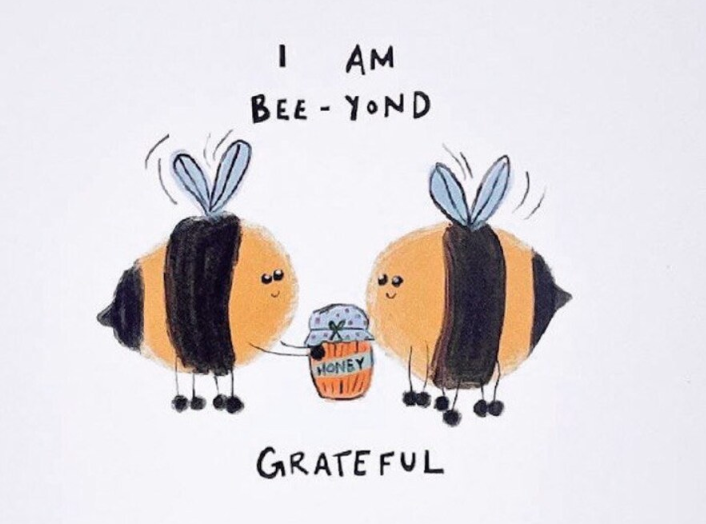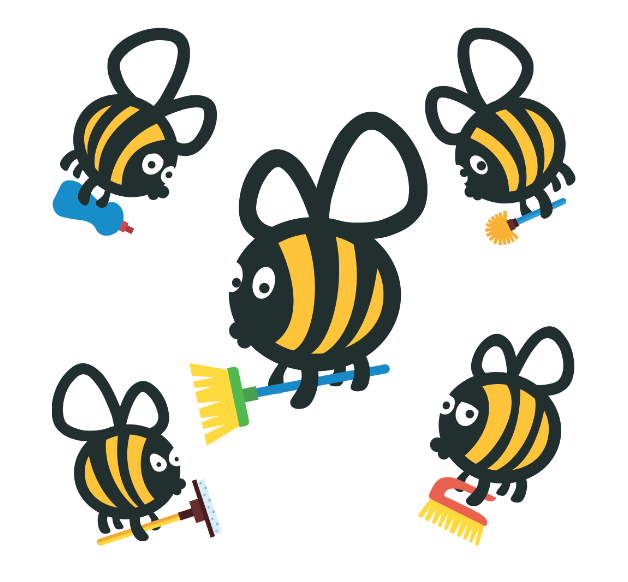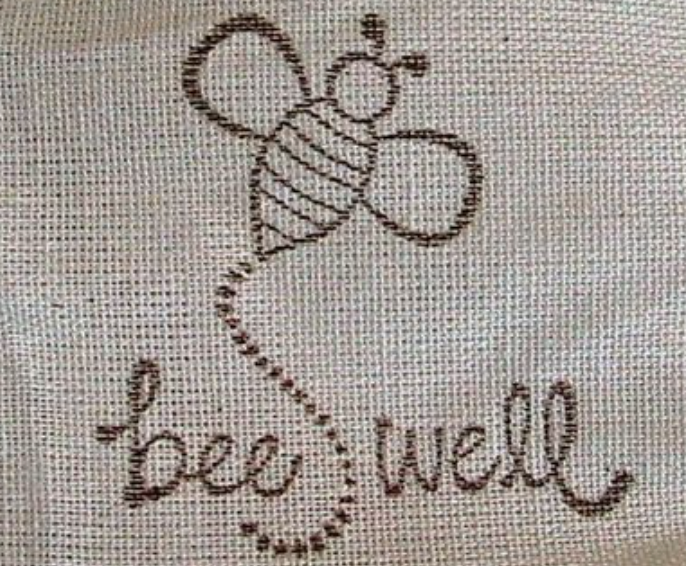As the warmth of mid-summer envelopes us, parents often find themselves navigating a unique set of challenges and opportunities. Balancing relaxation with engaging activities and maintaining a harmonious atmosphere at home can be both rewarding and demanding. Drawing from the principles of Montessori and Conscious Parenting, here are ten tips to make the most of this summer break together:
1. Create & Maintain a Prepared Environment In Montessori philosophy, the environment plays a crucial role in a child’s development. Set up designated areas in home where your child can explore and engage in activities independently. This might include a reading corner, art station, toy area (where items are not too cluttered and easy to find). If you have an outdoor space, this can be curated with with natural materials for creative play. Remember, freedom comes with responsibility - allow them access to get what they need, play where they wish, so long as the expectations are clear and they are responsible with these privileges!
2. Follow the Child’s Lead Observe your child’s interests and inclinations, and offer activities that allow for explorative opportunities accordingly. Whether it’s open water play, sand play, gardening, building with blocks or sticks, or exploring nature trails, allow them the freedom to choose activities that captivate their curiosity (while again, being clear on the expectations so they can manage the freedom within clear boundaries and guidelines).
3. Foster Independence Encourage your child to take on age-appropriate responsibilities, such as packing their own pool/beach bag, helping with meal preparation, planning the excursion for the day… This fosters independence, respects & values their opinions, builds confidence, and gives them some choice and control over their day—cornerstones of both Montessori and conscious parenting.
4. Limit Screen Time Summer can tempt children to spend more time indoors with screens. Set clear & consistent limits/boundaries and offer alternatives like outdoor chalking, biking, free-play, or indoor fort-building, drawing, story-writing, board games to keep them engaged in creative, hands-on exploration with the world around them.
5. Engage in Nature Nature offers abundant learning opportunities and promotes a sense of wonder. Nature also grounds and calms us with healthy, natural sensory input. Take nature walks, observe wildlife, or simply spend time at your local playground/park. Encourage free-play, socialization, & open exploration.
6. Cultivate Mindfulness & Gratitude Practice mindfulness together as a family through activities like meditation, yoga, & reflection. Carve out time to express gratitude by acknowledging the people & things that made the day possible. This helps children develop self-awareness, emotional resilience, empathy & nurtures a sense of calm amidst the summer excitement.
7. Encourage Real-Life Experiences Involve your child in everyday tasks such as loading the dishwasher, sorting laundry, helping with the grocery shopping, visiting farmers’ markets, or organizing a picnic. These experiences provide valuable opportunities to learn about responsibility, community engagement, and the joy of shared activities that add valuable contributions to the family.
8. Prioritize Rest and Routine Maintain a balance between adventure and rest by establishing a daily routine. Ensure your child gets enough sleep, stays hydrated, and enjoys nutritious meals, which are essential for their physical and emotional well-being during the summer months.
9. Allow them to be “bored” You do not have to schedule and plan for your child at all times! In preparing areas of your home that allow for open-ended free play, your child can manage and find ways to entertain themselves! They can create art, build with blocks, play with dolls, trucks and get carried away within their imaginations!
10. Model Your Values (Respect, Kindness and Empathy) Above all, embody the values your family holds in high regard - discuss what these are as a family and acknowledge when you see it in action! When we model values such as respect, empathy, and kindness in our interactions with our children and others, we are teaching by example valuable life lessons and encouraging our child to consider the feelings and perspectives of those around them.
Summer provides a wonderful opportunity to deepen your relationships with your children. Enjoy this time of growth, discovery, and joyful connection together!

